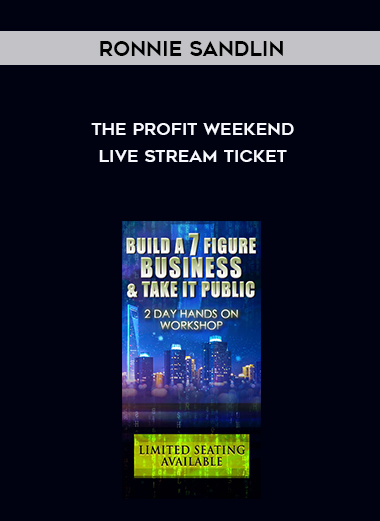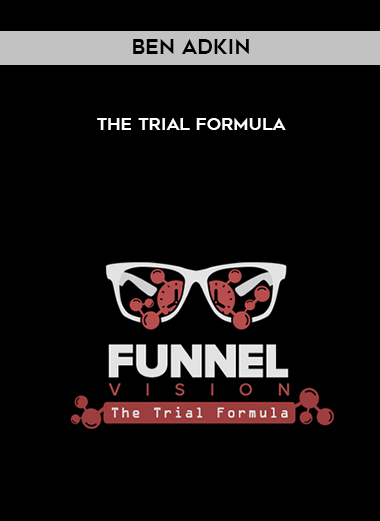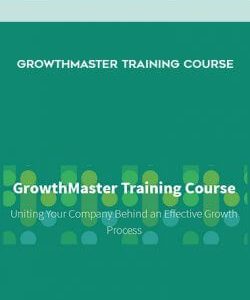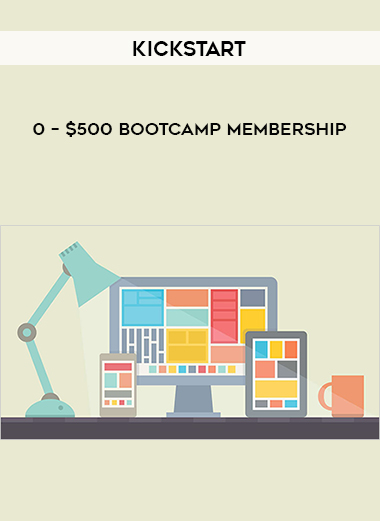
Beyond Betrayal with Dr. Debi Silber
Salepage : Beyond Betrayal with Dr. Debi Silber
Archive : Beyond Betrayal with Dr. Debi Silber Digital Download
Delivery : Digital Download Immediately
This course will include LIVE presentations, interactive training sessions, experiential exercises, and questions and answers with Dr. Debi. Each session will build on the one before it, so you’ll have a comprehensive holistic grasp of the practices, tools, and concepts you’ll need to move past betrayal and into the strong person you’re meant to be.
Module 1: An Overview of Betrayal and Shattered Trust (April 13)
Betrayal affects your body, mind, and heart. When you’ve been let down by the one or persons you trusted the most, it’s natural to go for anything or whoever you believe would relieve your grief. Alternatively, you might do nothing and trust that time will heal the wound.
You risk being depressed, trapped, or unwell if you do not properly heal from this sort of trauma. Betrayal shakes your sense of self-worth, belonging, and worthiness. It instills sentiments of rejection and abandonment.
Because betrayal affects you on all levels, it must be repaired on all levels. There is an established and predictable plan for properly recovering from betrayal, and you will embark on it this session.
This module will teach you:
Define what betrayal is and what it does, learning about the various types of betrayal (family member, partner, friend, coworker, self, etc.) and why broken trust is so devastating.
Hear how betrayal causes you to doubt everything, and how what you’re going through is completely normal.
Investigate how an unresolved betrayal may influence your health, employment, and relationships.
Consider when and where your trust was first broken (it may not be where you think)
Examine how the betrayal shaped your current views and determine whether they are keeping you miserable, trapped, or unwell.
Module 2: Three Revolutionary Discoveries That Change Our Understanding of Betrayal (April 20)
Dr. Debi will show you how the game changers she discovered in her PhD research — Post Betrayal Transformation, Post Betrayal Syndrome, and the 5 Stages From Betrayal to Breakthrough — may become indispensable go-tos when applied to your scenario. Her study is reassuring in that it validates the regularity of healing; the entire physical, mental, and emotional consequences of betrayal; and how betrayal is a particular sort of trauma that necessitates a different strategy to recovery.
You’ll look at how an unresolved betrayal may be hurting your health, job, and relationships – and what you can do about it.
This module will teach you:
Get confirmation that this isn’t all in your head: Betrayal is a distinct sort of trauma, and treatment for it now has its own name: Post Betrayal Transformation.
Check your health and mental/emotional states against a list of symptoms so prevalent after betrayal that they’ve been dubbed Post Betrayal Syndrome.
Accept that, lest you remain trapped for years, decades, or even a lifetime, you must go through the known and predictable healing process. From Betrayal to Breakthrough in 5 Stages
Take this quiz to find out which signs of betrayal (even if it happened decades ago) may still haunt you.
Determine which of the five stages From Betrayal to Breakthrough you are in and how to proceed slowly, carefully, and cautiously.
Module 3: Stage One — Prioritizing Emotional and Spiritual Needs Over Physical and Mental Needs (April 27)
Consider the physical, mental, emotional, and spiritual legs of a table. It’s normal to rely excessively on one’s physical and mental legs while ignoring one’s emotional and spiritual ones. As a result, you become very adept at thinking and doing (using your intellect) but not so good at prioritizing feeling and being (tuning in to your heart).
With just two legs strengthened, it’s simple to see how the table topples, which is exactly what might happen if you’ve been betrayed. Stability is achieved by balancing the four.
This module will teach you:
Ask yourself four questions to determine whether you’re numbing, evading, or diverting yourself – none of which allow you to care for yourself or others, or answer your soul’s greater calling.
Investigate some of the most typical reasons you would seek out such activities, as listed above.
Make a pie chart of all the areas (work, kids, health, relationships, self, etc.) on which you focus during the day and determine what percentage of your time goes toward each. Learn how the mind takes a thought and transforms it into a belief over time, resulting in subconscious programming that is responsible for your actions, behaviors, and habits.
Use a powerful mind hack to generate a new set of subconscious beliefs from these old ones.
Module 4: Stage 2 — Body, Mind, and Worldview Analysis (May 4)
On “D-Day,” or Discovery Day, you get the news that will permanently transform your life. Your body, mind, and emotions are all shocked by the treachery. The shock activates your stress reaction. You can’t get your head around what just happened. Your worldview is cratering. You’re afraid, panicked, disoriented, confused, and desperate to feel better at this point.
It’s time to go past D-Day. Today’s lesson will focus on creating a self-care plan that will comfort and support you while also preparing you for long-term healing.
This module will teach you:
Investigate what occurs during this period and what you may do to deal with the waves of sorrow, despair, anger, and bewilderment.
Learn about the most typical symptoms left in the wake of a betrayal and how they can lead to illness and disease if left uncontrolled.
Learn how the appropriate sort of support may help you progress through this and later phases, but the incorrect kind can hold you back.
See how common it is to suffer and battle in quiet while protecting the betrayer and/or dealing with humiliation and embarrassment.
Be wary of concealing physical symptoms, which is analogous to placing a sticker over a car’s check-engine light, rather than treating the core problem.
Module 5: Stage Three – Emergence of Survival Instincts (May 11)
You’re whirling with questions in the aftermath of betrayal: “How will I endure this?” What should I do? Who can I rely on? In Stage Three, you figure out some of the answers and feel a lot better as a result.
As a result, Stage Three might be the most difficult to quit. Survival seems far superior to the shock and anguish from which you have just escaped, prompting you to exclaim, “Whew, I’m OK!”
The trouble is that you aren’t aware that Stages Four and Five are accessible to you, so you settle for thinking, “This is as good as it’s going to get; I’d best get accustomed to it.” When you believe it, a couple things happen:
Being in that area teaches you all kinds of modest self-benefits, such as the ability to be correct. Someone is to blame for your situation. Nice.
Then, since you feel less-than, worthless, undeserving, and unlovable, your energy attracts more of the same. The mind seeks to be proven correct, thus if those are your views, your mind will seek evidence to affirm them. If you weren’t already locked in Stage Three, this will keep you there.
You’re unhappy and don’t know how to make the pain go away, so you seek ways to numb, avoid, and distract yourself from the feelings — whether through food, drugs, alcohol, work, TV, staying busy, pleasing others, or perfectionism. While engaging in these “methods of mass distraction” may keep the feelings at bay, they do nothing to help you move through your discomfort; you’re simply trying to outrun it.
This module will teach you:
Learn why things may get worse before they get better and what it takes to get unstuck. Recognize the benefits of remaining stuck and how they may be enticing even if you want to move forward.
Validate your anger, sadness, pity, and compassion as progressive emotions that reveal your progression from one stage to the next. Consider taking a Hard Now, Easy Later approach that will pay off in the long run rather than the often subconscious Easy Now, Hard Later approach.
Accumulate the qualities, tools, and strategies required to exit this most enticing stage.
Module 6: Stage 4 — Identifying and Adjusting to a New Normal (May 18)
This week, you’ll look at the stage where you identify, accept, and admit that your former normal no longer exists.
You’ll discover that, while you can’t undo the betrayal, you can control how you react to it.
You will be assisted in creating a new space that is worthy and deserving of the new version of yourself that is emerging.
This module will teach you:
Examine specific connections to determine whether you’ve outgrown them — this is frequent as you progress from Stages Three to Four — and mourn those who have passed you by.
Prepare to purposefully seek out like-minded soul warriors with whom to grow. Discover how spirituality, faith, or religion may help reestablish trust and play an important part in ongoing healing and change.
Take your life story and compose the key next chapter as a logical new narrative.
Examine the willingness window to determine whether it is safe and in your best interests to heal and rebuild with the individual who has damaged you.
Module 5: Healing, Rebirth, and a New Worldview
The body begins to heal at this point. You’re putting yourself and your well-being first. Your mind, too, begins to recover. Based on what you observe today, you’re establishing new norms and limitations.
By this point, you’ve also acquired a new worldview as you reflect on all you’ve gone through and the path you’ve taken. You can see how far you’ve come. You’ve made the decision to heal. Isn’t it wonderful?
This module will teach you:
Consider a version of yourself that is healthy, healed, confident, strong, and happy — someone who feels safe and can trust and love.
Examine what actions, habits, and behaviors are required to get you to this version of yourself and create a personalized roadmap to get you there as soon as possible.
Consider the role of forgiveness in hastening your healing by discussing what not forgiving does to your body, mind, and heart.
Using a four-step strategy, rebuild damaged trust from the ground up.
Make a new connection with yourself and a new script for how you want people to treat you.
More from Categories : Everything Else












